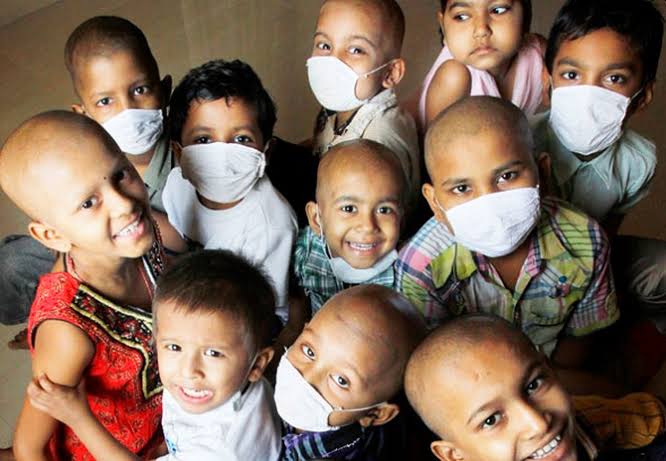In the realm of cancer treatment, where conventional methods like surgery and chemotherapy have long been predominant, immunotherapy has emerged as a beacon of hope. This innovative approach utilizes the body’s own immune system to combat cancer cells, offering a promising alternative for patients. But can immunotherapy effectively treat all types of cancer? Let’s delve into this revolutionary treatment and explore its potential.
Understanding Immunotherapy
Imagine a treatment that empowers your immune system to recognize and destroy cancer cells. That’s the essence of immunotherapy. Unlike chemotherapy, which involves drugs that directly kill cancer cells (alongside healthy ones), immunotherapy harnesses substances that boost the immune response or mark cancer cells for recognition and elimination.
How Immunotherapy Works
Our immune system is designed to protect us from infections and diseases, including cancer. However, cancer cells can sometimes evade detection or suppress the immune response. Immunotherapy intervenes in this process, either by enhancing the ability of immune cells to attack cancer or by targeting specific molecules on cancer cells to make them more visible to the immune system.
Types of Immunotherapy
There are several types of immunotherapy, each targeting different aspects of the immune system or cancer cells:
- Checkpoint Inhibitors: These drugs release brakes on the immune system, allowing it to recognize and attack cancer cells more effectively.
- Monoclonal Antibodies: These engineered antibodies can attach to specific proteins on cancer cells, marking them for destruction by immune cells.
- Cancer Vaccines: Unlike traditional vaccines that prevent infectious diseases, cancer vaccines stimulate the immune system to recognize and destroy cancer cells.
- Adoptive Cell Transfer: This approach involves enhancing the ability of T cells (a type of immune cell) to target and kill cancer cells, such as CAR T-cell therapy.
Effectiveness Across Different Cancers
Immunotherapy has shown remarkable success in treating certain types of cancer, such as melanoma, lung cancer, and Hodgkin’s lymphoma. In some cases, it has led to prolonged remissions and improved quality of life for patients. Its ability to specifically target cancer cells while sparing healthy tissue sets it apart from traditional treatments.
Limitations and Challenges
While immunotherapy holds great promise, it is not a panacea for all cancers. Its effectiveness can vary widely depending on factors such as the type of cancer, its stage at diagnosis, and individual patient responses. Some cancers are more responsive to immunotherapy than others, and ongoing research aims to expand its applicability across a broader spectrum of cancers.
Is Immunotherapy Suitable for Every Cancer?
The question of whether immunotherapy can be used in every cancer type remains complex. While it has been approved for specific cancers and stages, ongoing clinical trials are exploring its potential in treating a wider range of cancers. Factors such as the tumor microenvironment and genetic characteristics play crucial roles in determining the success of immunotherapy treatments.
The Role of a Cancer Immunotherapy Specialist
In cities like Ahmedabad, patients have access to specialized healthcare professionals like Dr. Vikesh Shah, a Cancer Immunotherapy Specialist. These specialists play a vital role in evaluating patients for immunotherapy treatment options, monitoring their progress, and adjusting treatment plans as needed. Their expertise ensures that patients receive personalized care tailored to their unique medical conditions.
Future Directions and Research
As research in immunotherapy advances, scientists are investigating new combinations of treatments and biomarkers that could enhance its effectiveness. Personalized medicine approaches aim to match patients with the most suitable immunotherapy based on genetic profiles and immune system characteristics. The goal is to broaden the application of immunotherapy and improve outcomes for more cancer patients.
Conclusion
In conclusion, while immunotherapy represents a significant advancement in cancer treatment, its universal application across all cancer types is still evolving. For patients considering treatment options beyond surgery or chemotherapy, consulting with a Cancer Immunotherapy Specialist like Dr. Vikesh Shah in Ahmedabad can provide valuable insights and guidance.
Immunotherapy isn’t just a treatment; it’s a transformative approach that offers new hope and possibilities in the fight against cancer. With ongoing research and advancements, the future of immunotherapy looks promising, paving the way for improved quality of life and better outcomes for cancer patients worldwide.

